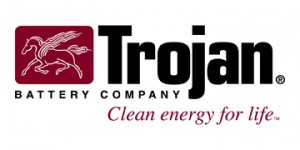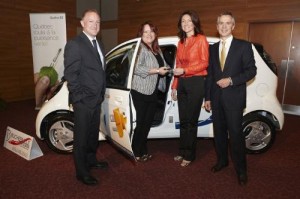University of Minnesota researchers are developing degradable plastics from soybean oil. These bioplastics could become a replacement for those made with petroleum and natural gas. Marc Hillmyer, Distinguished McKnight University Professor of chemistry and Director of the Center for Sustainable Polymers, believes that to wean the country from all things fossil fuels, including chemicals and plastics, alternatives based on renewable resources must be developed.
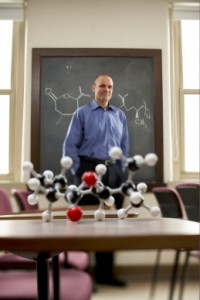 One of the greatest challenges that must be overcome is the fact that while polylactides (PLA) are degradable polymers that can be used in a variety of products, they tend to soften at higher temperatures. This rules them out for extensive use in food and beverage packing applications. Enter Hillmyer. He and his team have developed new types of polyactide-based materials that could overcome this challenge.
One of the greatest challenges that must be overcome is the fact that while polylactides (PLA) are degradable polymers that can be used in a variety of products, they tend to soften at higher temperatures. This rules them out for extensive use in food and beverage packing applications. Enter Hillmyer. He and his team have developed new types of polyactide-based materials that could overcome this challenge.
Hillmyer believes this discovery could be used in a wide variety of applications that require high temperature stability and toughness. These include plastic bottles, microwave trays, cell phones and more. Hillmyer believes sustainable polymers are the “materials of tomorrow.”
The plasticizers developed by Hillmyer and his team including Dr. Dharma Kodali, are derived from soy oil. Kodali explained that the new plasticizers are synthesized in their lab and could be a viable replacement for petroleum-derived plasticizers. They are comparable in price and performance but are safer, says Kodali, because they are made from renewable resources and degrade readily if leaked into environment.Read More



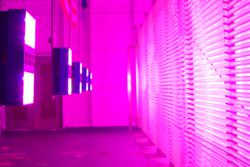


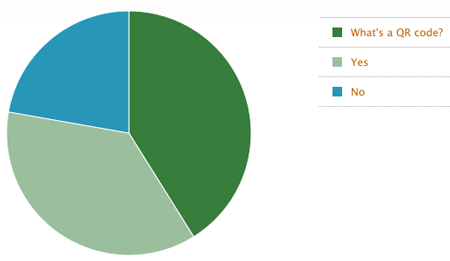
 Last month, former Minnesota Governor Pawlenty called for the phase out of ethanol subsides. He made this announcement during his first official campaign stop, Des Moines, Iowa. Then earlier this week, former Utah Governor Jon Huntsman announced he would bypass the Iowa caucuses due to his stance on biofuels and agricultural subsidies – he wants them to disappear.
Last month, former Minnesota Governor Pawlenty called for the phase out of ethanol subsides. He made this announcement during his first official campaign stop, Des Moines, Iowa. Then earlier this week, former Utah Governor Jon Huntsman announced he would bypass the Iowa caucuses due to his stance on biofuels and agricultural subsidies – he wants them to disappear.